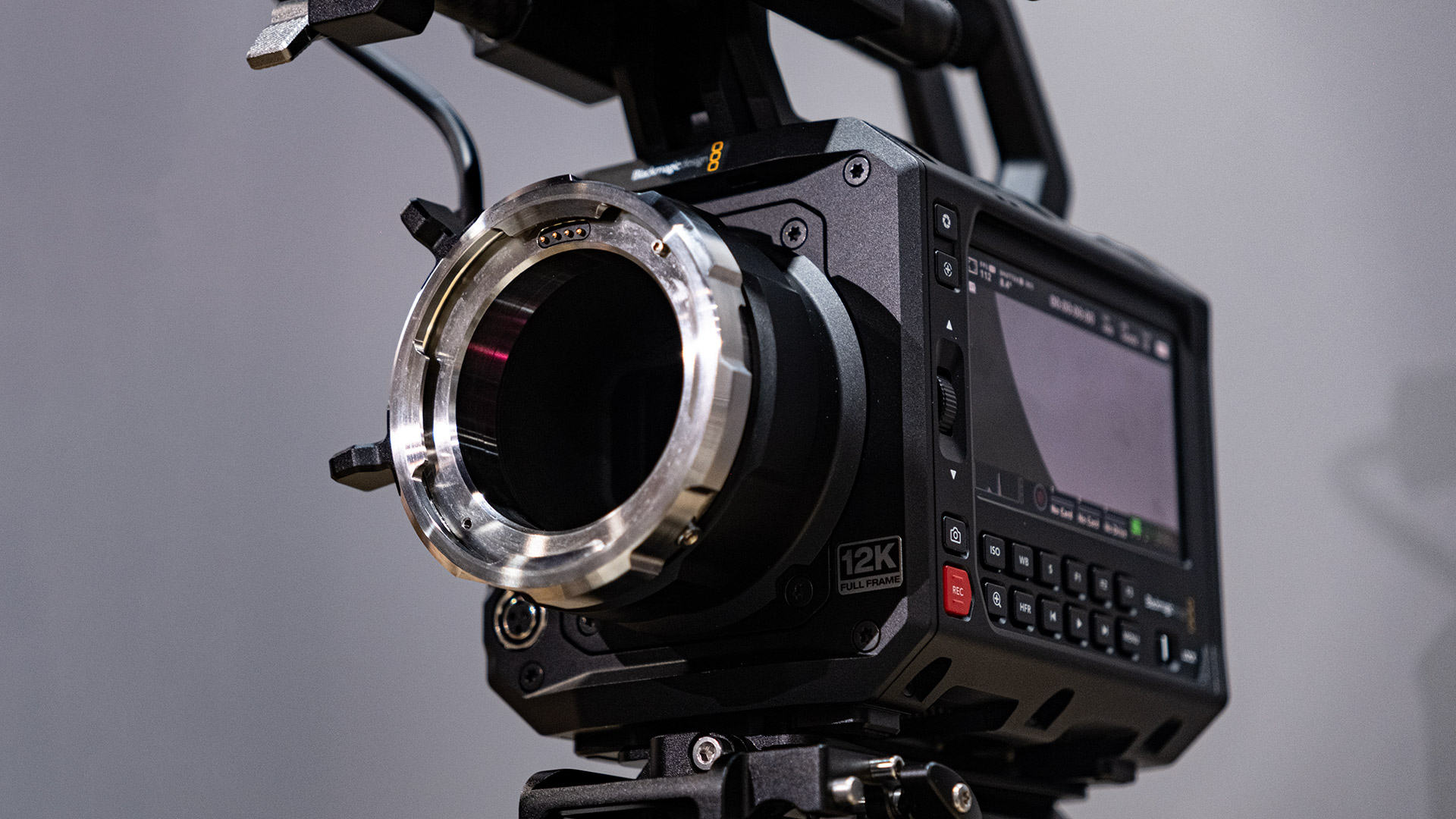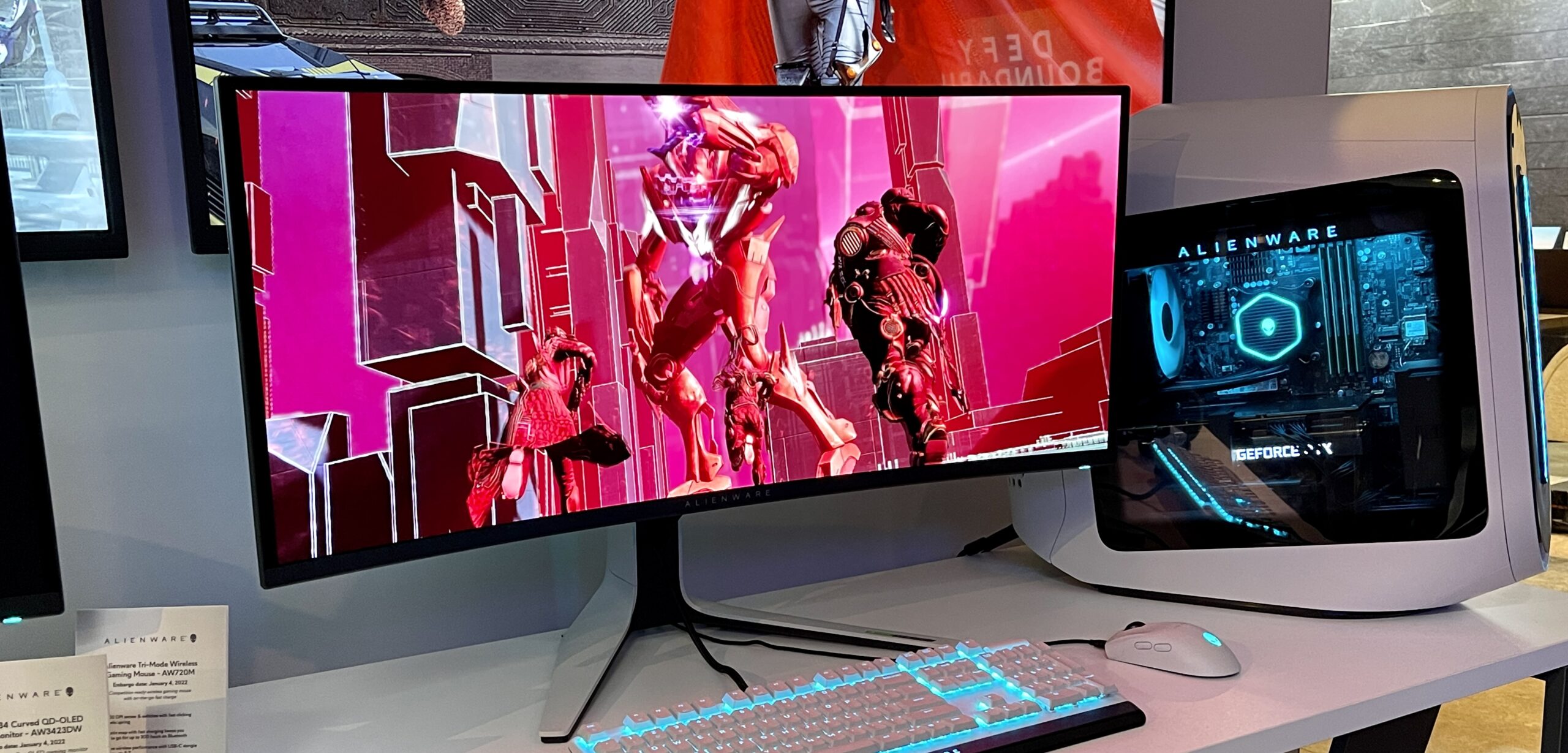Samsung Electronics, once the world’s leading semiconductor chip manufacturer, is aggressively strategizing to regain its top position after being dethroned by Intel in the global semiconductor market. The South Korean tech giant experienced a significant 38% drop in its semiconductor chip division’s revenue, plummeting from $70.2 billion in 2022 to $43.4 billion in 2023. This downturn was primarily due to a decrease in the demand for memory chips and challenges in securing clients for its advanced chip fabrication processes. Despite the setbacks, Samsung is not sitting idle and has ambitious plans to bounce back and reclaim its leadership in the semiconductor industry.
In an effort to address its financial struggles within the chip division, Samsung has taken a bold step by borrowing $16 billion. This move is part of a broader strategy to invest in enhancing the capacity and capabilities of its semiconductor business, despite the current downturn in the chip market. Samsung’s significant investment efforts, including a planned expenditure of over $100 billion in its chip manufacturing facilities, underscore its commitment to maintaining a leading edge in semiconductor technology and innovation. The company aims to use these funds for various purposes, including the construction of new production lines and the expansion of its research and development efforts.
Moreover, Samsung has laid out a detailed roadmap for the future of its chip manufacturing capabilities. The company has announced plans to mass-produce 2nm process technology by 2025 and aims to introduce the world’s most advanced 1.4nm process technology by 2027. These advancements are expected to significantly bolster Samsung’s position in the high-performance computing (HPC), artificial intelligence (AI), 5/6G connectivity, and automotive markets. Samsung’s focus on these areas reflects the growing demand for advanced semiconductors that can support the next generation of technological innovations. The company’s strategy also includes expanding its production capacity for these advanced nodes by more than threefold by 2027, highlighting its commitment to meeting the increasing needs of its customers.
Samsung’s proactive measures and forward-looking investments are a clear indication of its determination to overcome current challenges and emerge stronger in the semiconductor industry. By focusing on innovation, advanced process technology, and expanding its production capabilities, Samsung is positioning itself to reclaim the top spot and continue driving the future of semiconductor technology. The tech giant’s efforts to adapt and invest in its chip division amid fluctuating market conditions demonstrate a strategic approach to maintaining its competitive edge and supporting the technological advancements that will shape the future.










Add Comment